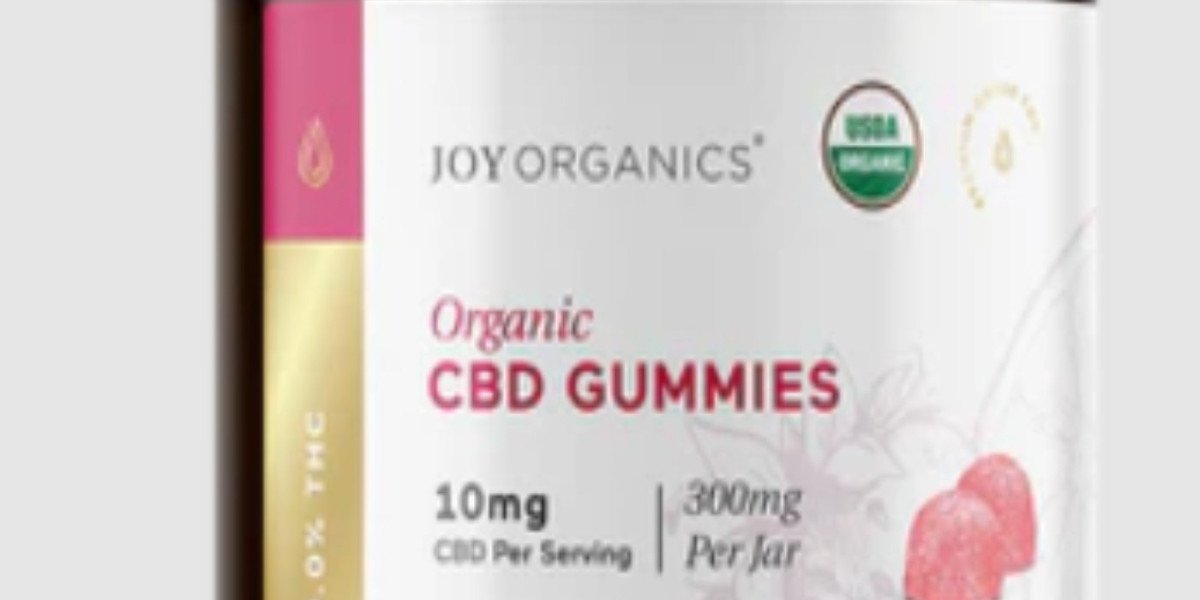Is Ice Cream Bad for Cats? The Truth About Feline Treats
Introduction
As a cat owner, you may have wondered, "Is ice cream bad for cats?" While it might be tempting to share your favorite dessert with your feline friend, the answer isn’t as simple as a yes or no. Cats have unique dietary needs, and many human foods—including ice cream—can pose serious health risks.
In this article, we’ll explore:
Why ice cream can be harmful to cats
The dangers of lactose intolerance in felines
Toxic ingredients in ice cream for cats
Safe alternatives to ice cream for cats
Signs of poisoning and what to do if your cat eats ice cream
By the end, you’ll understand why ice cream is generally bad for cats and how to treat your pet safely.
Why Is Ice Cream Bad for Cats?
1. Lactose Intolerance in Cats
Most cats are lactose intolerant, meaning they lack sufficient lactase, the enzyme needed to digest lactose (milk sugar). While kittens can digest their mother’s milk, adult cats lose this ability over time.
When a lactose-intolerant cat consumes ice cream, it can lead to:
Upset stomach
Diarrhea
Vomiting
Gas and bloating
Even small amounts can cause discomfort, making ice cream a poor choice for feline treats.
2. High Sugar Content
Ice cream is loaded with sugar, which is unhealthy for cats. Unlike humans, cats don’t have a sweet tooth—their taste buds don’t detect sweetness well. Excessive sugar can lead to:
Obesity
Diabetes
Dental problems
Since cats are obligate carnivores, their bodies aren’t designed to process high amounts of carbohydrates and sugars.
3. Toxic Ingredients in Ice Cream
Some ice cream flavors contain ingredients that are toxic to cats, including:
A. Chocolate Ice Cream
Chocolate contains theobromine, a compound that is poisonous to cats. Even small amounts can cause:
Rapid heart rate
Seizures
Tremors
Death (in severe cases)
B. Xylitol (Artificial Sweetener)
Some sugar-free ice creams contain xylitol, an artificial sweetener that is extremely toxic to cats. It can cause:
Hypoglycemia (low blood sugar)
Liver failure
Seizures
C. Raisins, Nuts, and Coffee
Certain ice cream varieties (like rum raisin, macadamia nut, or coffee-flavored) contain ingredients that are dangerous for cats.
Can Cats Eat Any Type of Ice Cream?
While traditional dairy ice cream is unsafe, some cat-friendly alternatives exist:
1. Lactose-Free Ice Cream
Some pet stores sell lactose-free frozen treats made specifically for cats. These are safer but should still be given in moderation.
2. Homemade Frozen Cat Treats
You can make simple, healthy frozen treats for your cat using:
Plain yogurt (lactose-free)
Pureed meat (chicken or fish broth frozen into cubes)
Commercial cat milk (specially formulated for felines)
These options provide a safer way to let your cat enjoy a cold treat.
What Should I Do If My Cat Eats Ice Cream?
If your cat accidentally licks a small amount of plain vanilla ice cream, they’ll likely be fine—just monitor for vomiting or diarrhea. However, if they consume:
Chocolate ice cream
Xylitol-sweetened ice cream
A large quantity of any ice cream
Take immediate action:
Check for symptoms (vomiting, lethargy, tremors).
Call your vet or a pet poison helpline (ASPCA Poison Control: 888-426-4435).
Do NOT induce vomiting unless instructed by a vet.
Safe & Healthy Alternatives to Ice Cream for Cats
Instead of ice cream, try these cat-safe treats:
✅ Freeze-Dried Meat Treats – High-protein, no additives.
✅ Catnip Ice Cubes – Freeze water with a bit of catnip for a fun, cold snack.
✅ Commercial Cat Ice Cream – Brands like "Cool Claws" make frozen treats bad ice cream for cats.
✅ Plain Pumpkin Puree (Frozen) – Helps with digestion in small amounts.
Final Verdict: Is Ice Cream Bad for Cats?
Yes, ice cream is generally bad for cats due to lactose intolerance, high sugar content, and potential toxic ingredients. While a tiny lick might not be fatal, regular consumption can lead to serious health issues.
Instead of sharing your dessert, opt for cat-safe frozen treats to keep your feline friend happy and healthy.
FAQs About Cats and Ice Cream
1. Can cats eat whipped cream?
Small amounts of plain whipped cream (no sugar or xylitol) are less harmful than ice cream but still not recommended due to lactose.
2. What human foods are safe for cats?
Cooked plain chicken, turkey, or fish (no seasoning) are safe in moderation.
3. Can kittens have ice cream?
No—kittens should only consume their mother’s milk or kitten formula.
4. Are there any dairy products cats can eat?
Some cats tolerate small amounts of plain yogurt or lactose-free milk, butbad ice cream always introduce slowly.
Conclusion
While it might be tempting to share ice cream with your cat, the risks outweigh the benefits. Stick to vet-approved treats to ensure your pet stays healthy. If you suspect your cat has eaten toxic ice cream, contact your vet immediately.
By understanding feline dietary needs, you can keep your cat safe while still treating them to something special!
 AdBlock Detectado
AdBlock Detectado







